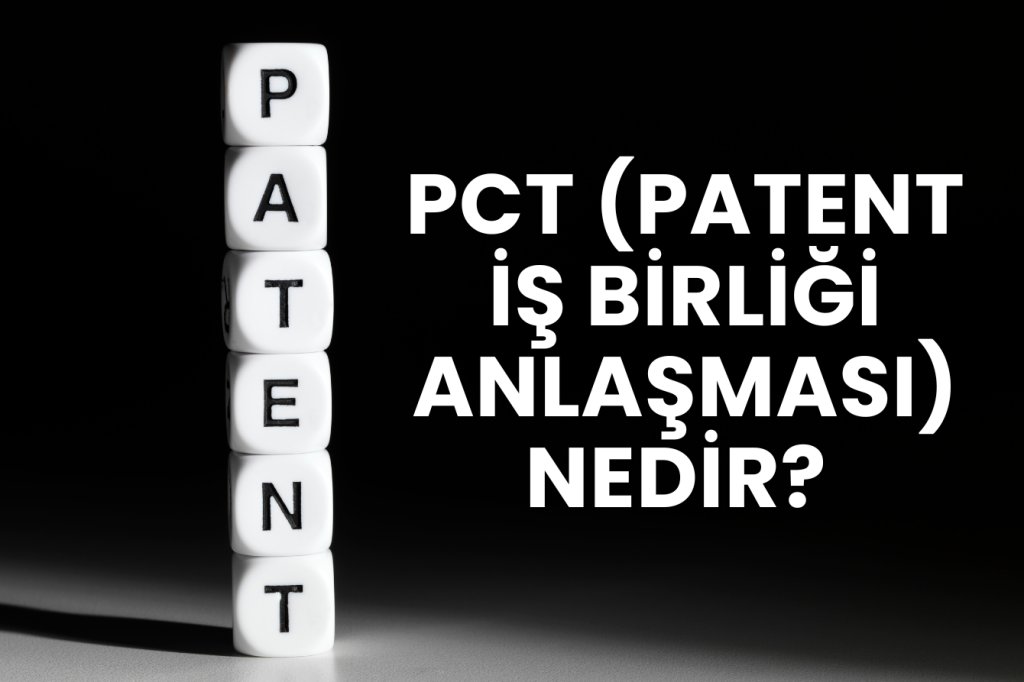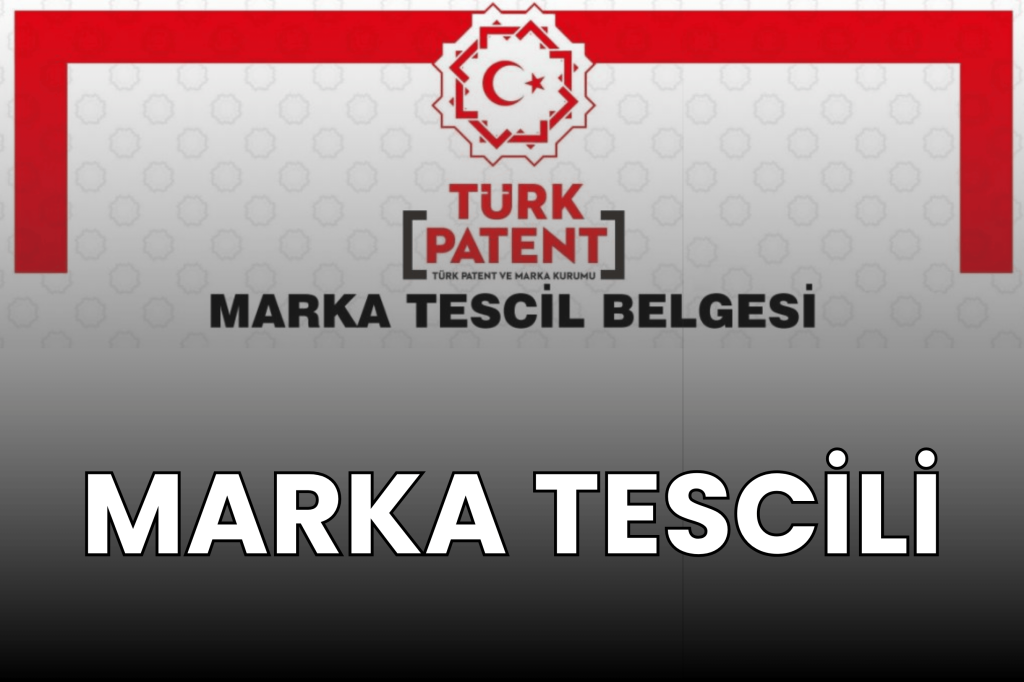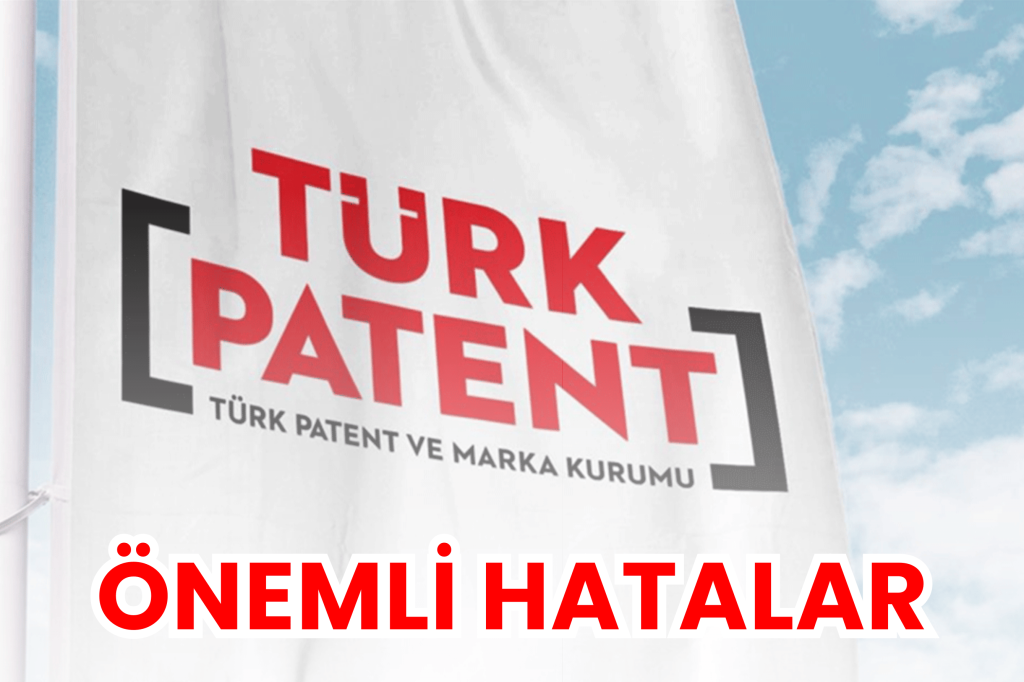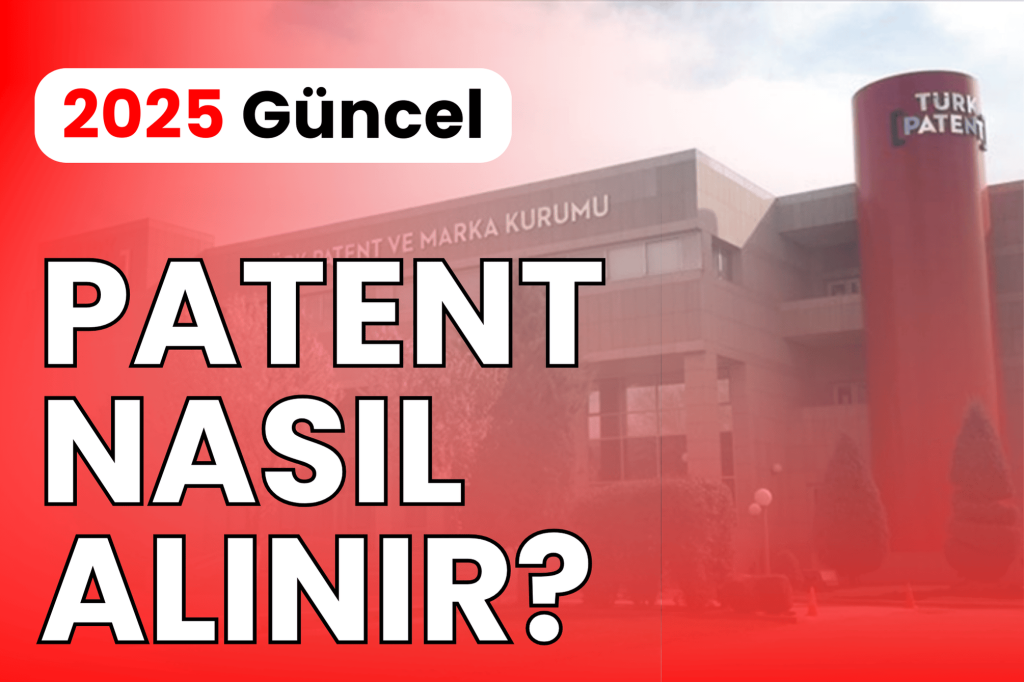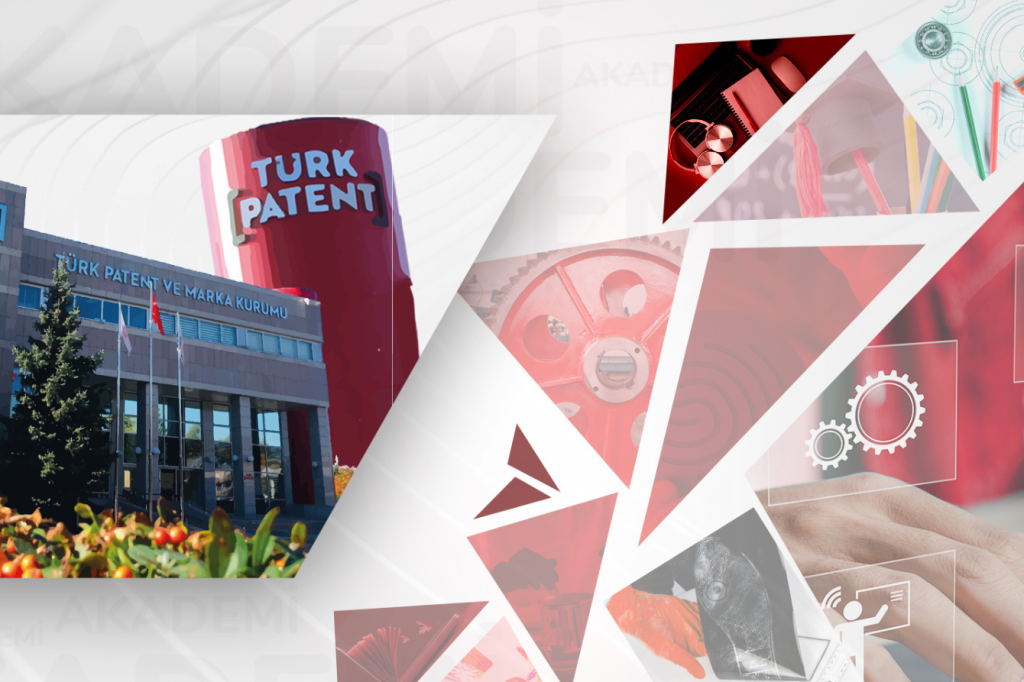
If you’re an entrepreneur, inventor, or business owner, protecting your intellectual property is critical. Yet many people hesitate over the question, “Should I get a patent or register a trademark?” In fact, patents and trademarks are distinct forms of protection that serve different purposes. To choose correctly, you need to understand the differences between them and when each should be used.
A patent is an intellectual property right that protects inventions that are new, original, and industrially applicable. If you have developed a product, method, device, or technical solution, you can apply for a patent to obtain legal protection for up to 20 years.
With a patent, no one can manufacture, sell, or import your invention without your permission. This way, you can confidently reap the returns on your R&D and generate revenue by licensing your invention or by producing and bringing it to market.
👉 Example: If you’ve developed a new medical device or designed a technology that improves energy efficiency, you should apply for a patent.
A trademark protects elements—such as a name, logo, symbol, or slogan—that distinguish a company’s goods or services from others. Registering a trademark builds trust and recognition in the minds of consumers.
Trademark registration through TÜRKPATENT protects your mark for 10 years and can be renewed indefinitely. In other words, as long as renewals are filed, a trademark can be protected for life.
👉 Example: If you launch a restaurant chain, registering the restaurant’s name and logo prevents others from using the same trademark.
Scope:
Patent: Protects technical inventions and solutions.
Trademark: Protects brand identity elements such as the name, logo, and slogan.
Term of Protection:
Patent: Up to 20 years.
Trademark: 10 years, renewable indefinitely.
Purpose:
Patent: Protects innovative ideas and technology.
Trademark: Protects a company’s identity and commercial reputation.
Application Complexity:
Patent: Requires technical documentation, prior art search, and examination processes. More complex.
Trademark: Relatively faster and easier.
A patent is required if you have a technical and innovative invention.
If your product is a true “first of its kind” in the market,
If you’ve developed a technique that competitors could easily copy,
If your invention has strong commercial potential,
then you should file a patent application to legally secure your idea.
Trademark registration is essential to make your product or service distinguishable in the marketplace.
If you’re starting a new business,
If you’re using a unique name, logo, or slogan for your products or services,
If you want to differentiate from competitors and build brand recognition,
you should register your trademark.
In most cases, the best course for businesses is to obtain both patent and trademark protection, because:
A patent protects your product or technology.
A trademark protects your brand identity and your connection with customers.
For example, a smartphone manufacturer protects the device’s technical inventions with patents, while securing market recognition by registering its trademark.
The misconception that you can’t obtain a patent/trademark without establishing a company: Wrong. Both patent and trademark applications can also be filed individually.
The notion that “trademark registration protects everything”: Wrong. A trademark protects only the name, logo, and similar elements; it does not protect your invention.
The belief that “patents are very expensive and not worth the effort”: Wrong. Yes, it can be costly, but for the right invention it can create significant revenue opportunities.
Patents and trademarks are two powerful tools that protect your business in different ways. When deciding which one you need, consider the nature of your invention, your business model, and your long-term goals.

